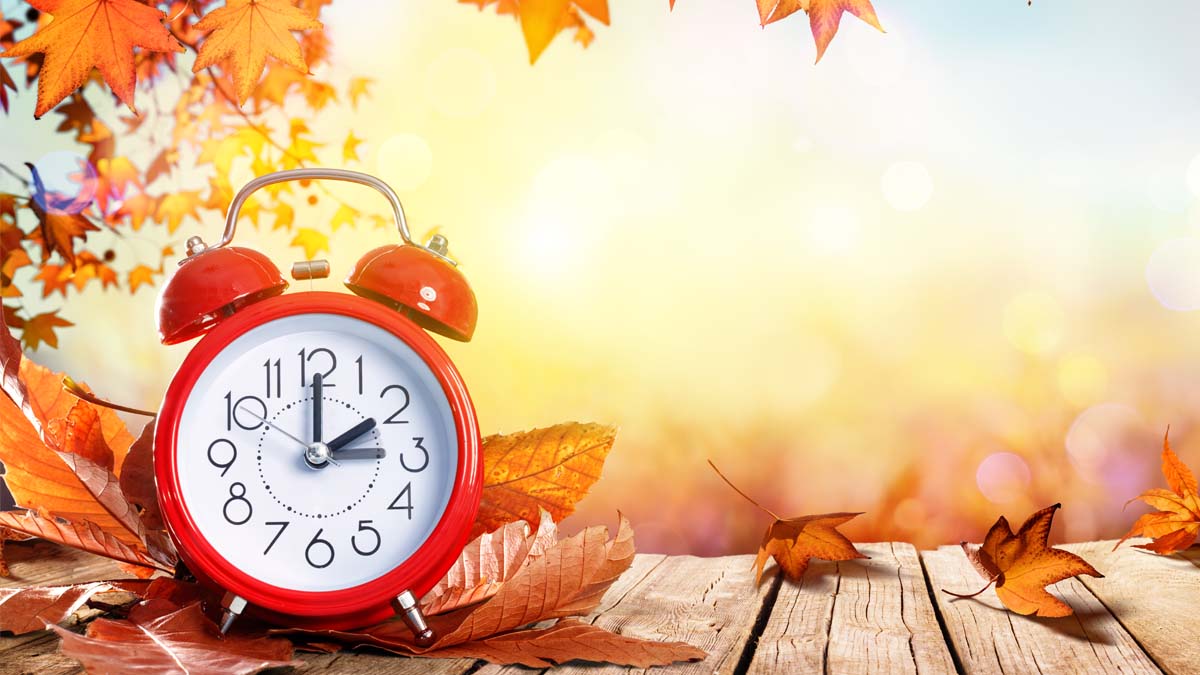In 1784, an elderly Benjamin Franklin unexpectedly awakened early one morning in the otherwise sleeping city of Paris. If nothing more than to tease his host city, he penned an essay suggesting an enormous financial savings if the locals could be enticed to live more of their days earlier – between sunrise and sunset – thus drastically reducing nightlife and the need for costly candles.
He echoed those sentiments in his familiar proverb, “Early to bed and early to rise makes a man healthy, wealthy and wise.” Regardless, no one took his proposal seriously until the early 1900s when first Germany, then the United Kingdom and finally, in 1918, the United States, instituted daylight saving time.
However, although originally promoted as a way to conserve electricity and resources as well as to benefit agriculture, any energy savings have been negligible, and farmers have always opposed the practice. Furthermore, health and safety issues may be exacerbated by switching time schedules twice yearly.
Should daylight saving time be permanently canceled, or should it become the permanent choice? Opinions are divided.
To institutionalize it, bipartisan leaders in Washington have introduced the Sunshine Protection Act, which has twice passed the Senate but gone no further. South Carolina is one of 19 states that have either enacted legislation or passed resolutions in favor of keeping daylight saving time permanently.
Ahmad Boota, M.D., a sleep medicine physician at Bon Secours St. Francis Health System in Greenville, acknowledged that extra daylight hours allow for more outdoor time, exercise activities, social and mental health opportunities and exposure to real sunlight to boost vitamin D levels.
However, he also pointed out, “Our internal clock, known as the human circadian system, operates on chemical rhythms that tell your body when to sleep and when to wake. These rhythms develop out of consistent schedules and can be difficult to change, which makes even the smallest deviation noticeable and sometimes hard to adjust to.”
“In fact, the transition stage can last up to 10 days, so the negative impacts are pretty immediate,” Dr. Boota added, “while the benefits of daylight saving time might take many days or even weeks to become noticeable.”
“Changing our clocks back and forth can cause big problems to sleep cycles as well as overall health. It may only be an hour – and during the upcoming time change, an ‘extra hour’ at that – but that’s still enough to cause meaningful sleep disruptions,” Dr. Boota continued. “That’s a problem because it creates more sleep deprivation in our society, which already suffers from chronic insufficient sleep.”
From a health standpoint, Dr. Boota explained, “The impact of too little sleep can manifest by daytime fatigue, decreased concentration and productivity at work or school and an increased risk of work-related injuries and motor-vehicle accidents. According to several studies in the United States and other modern nations, the heightened risk of cardiovascular events, affective disorders and suicides during the immediate period following the time change is also a factor.”
It seems everyone is affected by the time changes – even our pets.
As Alden Roman, vice president of operation and strategy at the Charleston Animal Society, pointed out, “Animals like routines, and they notice when we change our schedules. While they have no idea about daylight saving time, they generally don’t like being fed an hour later than usual.”
Roman acknowledged, “Our pets will remind us they are hungry, and they want to eat when they usually do. My dog will even start complaining in advance to be sure I get the message.”
There are some things we can do to lessen the negative effects of spring and fall hourly changes. Whether you are caring for your pets or your family, both Roman and Dr. Boota suggest making small, incremental changes spread over a few days. Reschedule activities, meal times and sleep times gradually to give everyone time to adjust.
Dr. Boota also recommended using the twice-yearly change as a reminder to check your own general health.
“Bon Secours offers a variety of sleep medicine services that can help restore you to a good night’s rest,” he said.
As for your pet? Maybe a few extra cuddles and belly scratches are in order.
By Janet E. Perrigo
